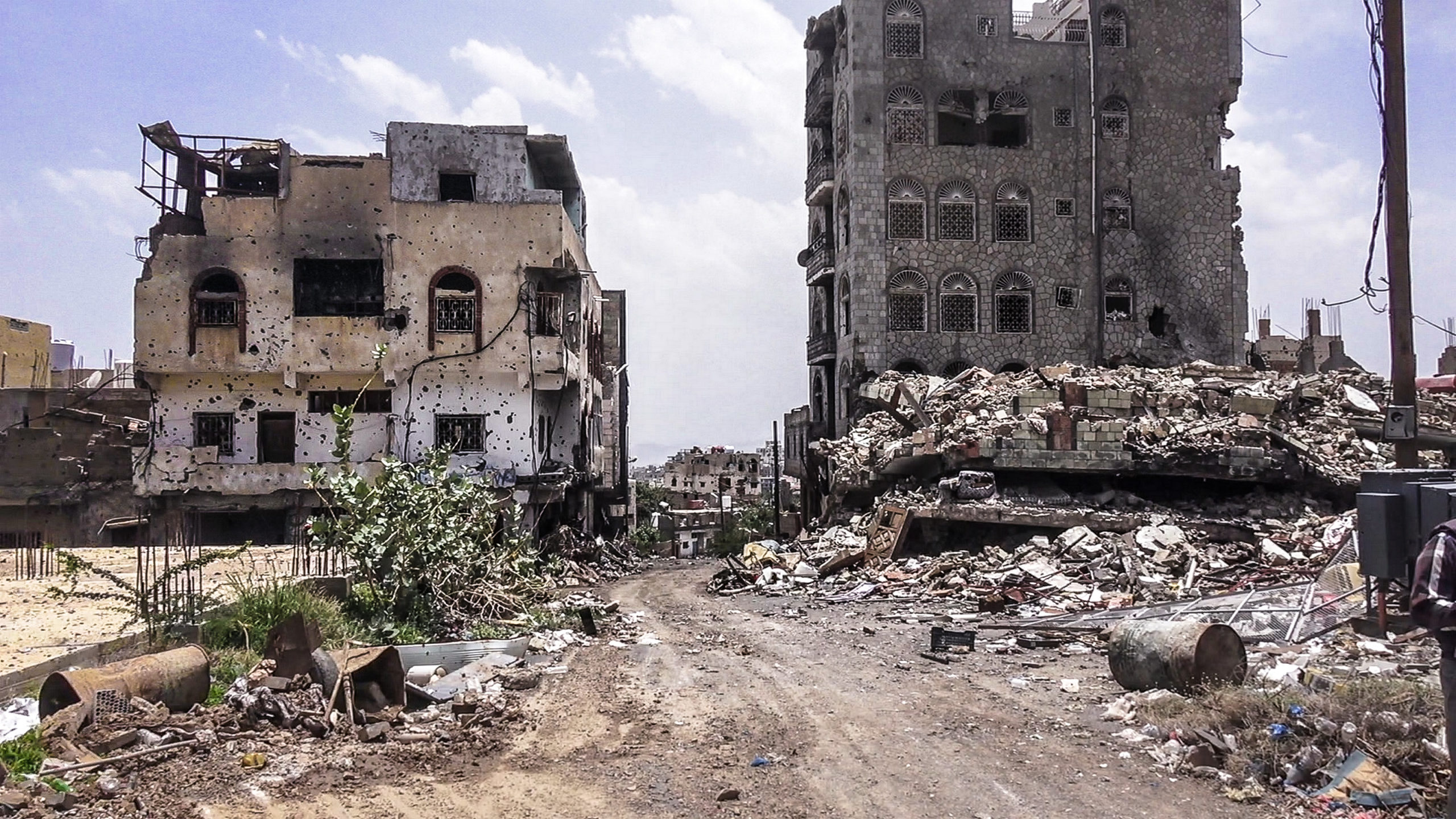The UN Human Rights Council’s (HRC) failure to renew the mandate of the Group of Eminent Experts (GEE) is a profound betrayal of Yemeni victims and a dereliction of its duty to pursue accountability in Yemen, the International Commission of Jurists (ICJ) said today.
هذا البيان متوفر باللغة العربية أيضاً
Alongside Yemeni and international NGOs, the ICJ had previously called on the HRC to extend the GEE’s mandate on a multi-year or ongoing basis and establish an international investigative mechanism focused on criminal accountability. Yesterday, however, the HRC voted against the renewal of the GEE’s mandate.
“Through this shameful vote, the Human Rights Council is turning a blind eye to the untold suffering and destruction that the Yemen conflict has brought to the civilian population”, said Said Benarbia, the International Commission of Jurists (ICJ) Middle East and North Africa Programme Director.
“In so doing, the Council is brazenly failing victims and letting perpetrators of serious crimes under international law get away scot-free.”
On 14 September 2021, the GEE presented its fourth report to the HRC, where it detailed the serious violations of international humanitarian law and international human rights law that are being committed in Yemen by the parties to the conflict. According to the GEE, such violations include indiscriminate or disproportionate attacks against civilians and civilian objects, starvation as a method of warfare, enforced disappearances, torture and sexual and gender-based violence.
The GEE also underscored with concern that impunity for crimes under international law remains prevalent in Yemen and urged the international community to step up efforts to ensure accountability.
“It is now up to the UN General Assembly to fill the accountability gap that the HRC’s failure to renew the GEE’s mandate has left, by establishing a dedicated criminal accountability mechanism for Yemen”, Benarbia said.
The ICJ also reiterates its call on the UN Security Council to refer the situation in Yemen to the Office of the Prosecutor of the International Criminal Court, and on third States to exercise universal or other jurisdiction to ensure that perpetrators of crimes under international law are held to account.
Contact
Said Benarbia, Director, ICJ Middle East and North Africa Programme; t: +41 22 979 3817, e: said.benarbia(a)icj.org
Asser Khattab, Research and Communications Officer, ICJ Middle East and North Africa Programme; e: Asser.Khattab(a)icj.org





